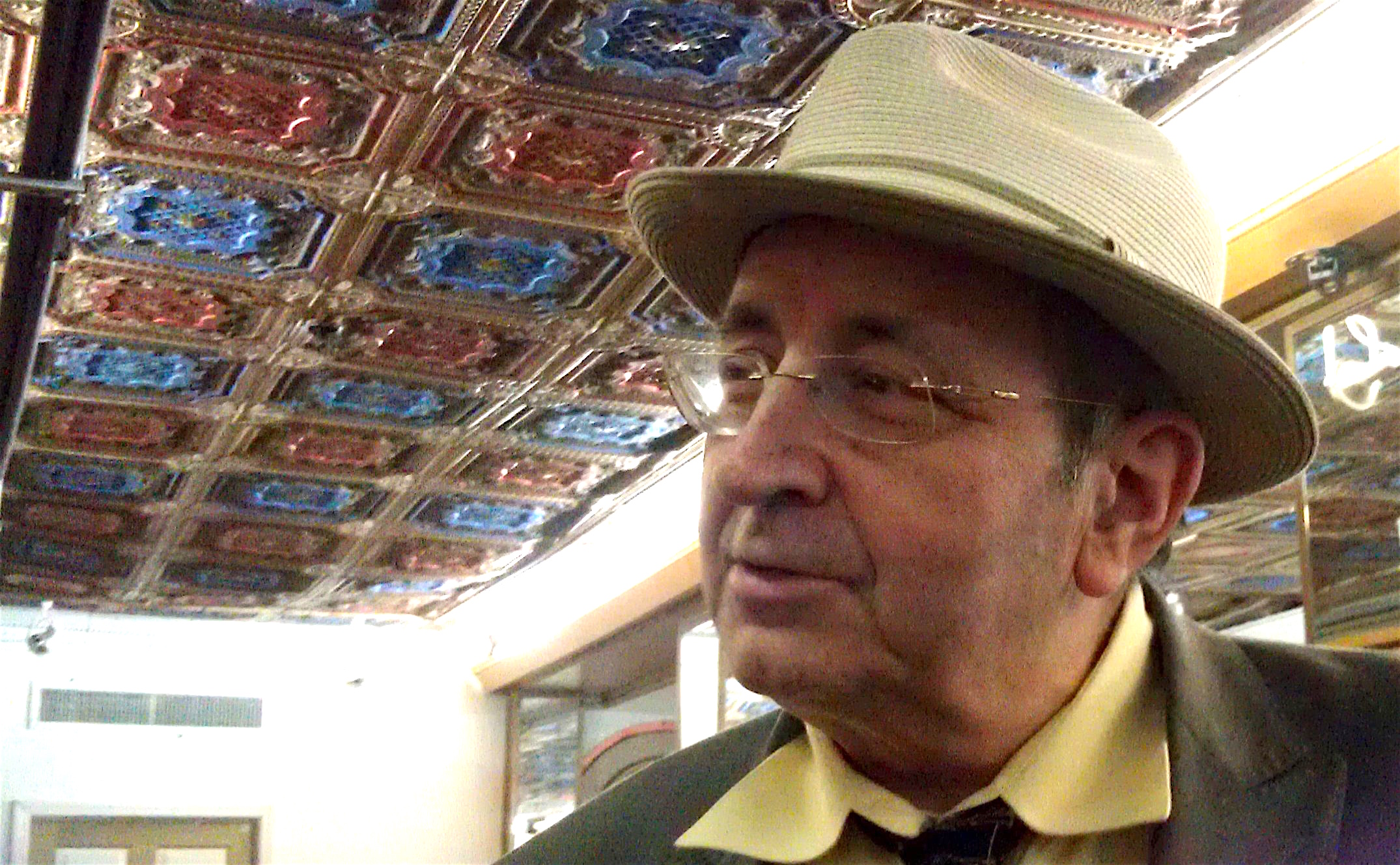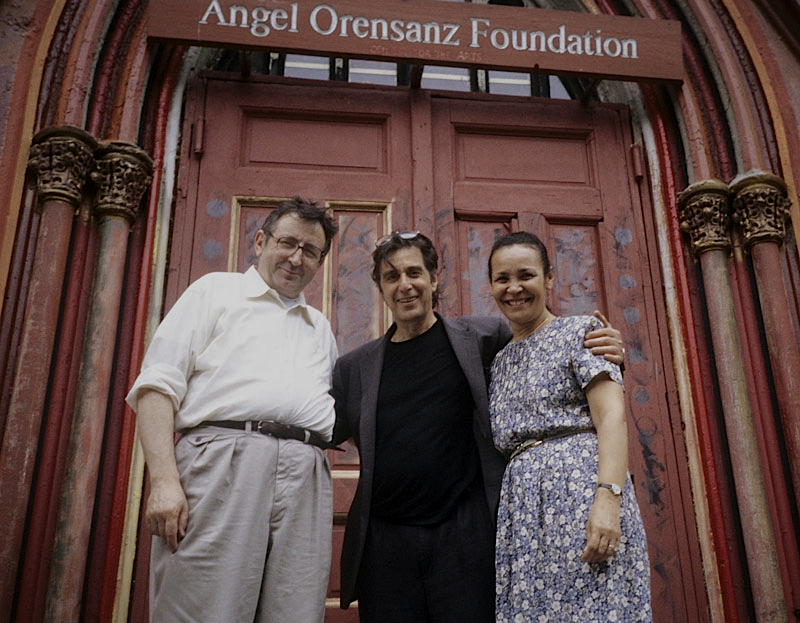
Al Orensanz, of the Lower East Side’s Angel Orensanz Foundation, died on Sat., July 23. He was in his mid-70s.
He was born in Larues, Spain, in 1940, and settled in New York at the end of the 1970s. For more than 30 years, he was the director of operations at the foundation, at 172 Norfolk St., named after his brother, Angel Orensanz.
The brothers’ joint vision saved the abandoned building, a historic synagogue, from the wrecking ball. They transformed it into a well-loved cultural and event space in the neighborhood. The space was also home to the Shul of New York.
In addition, Al was a sociologist, art producer and writer.
“He created this legendary space,” Clayton Patterson, the Lower East Side documentarian, said of Al. “It was his vision and Maria’s,” he said of Maria Neri, Orensanz’s longtime right-hand assistant.
“It was like the Carnegie Hall of Downtown,” Patterson said. “Gerry Adams from the Sinn Fein, Lady Gaga, Alicia Keys, Lou Reed, Patti Smith… . I mean, who hasn’t been in there? The list of dignitaries that went through that place is huge.”
The space was also used for events and fundraisers by local nonprofits, such as the Lower Eastside Girls Club, the Little Missionary’s Day Nursery and the Acker Awards for avant-garde and underground artists.
The foundation was available for events like weddings and bar mitzvahs, too.

The building recently reopened a few months ago after being closed for just under a year for repairs after a beam supporting a crowded balcony loudly cracked during an event.
Angel Orensanz will step in as executive director for daily operations of the foundation and keep the doors open for future events in loving memory of Al’s generous spirit.
A wake for Al Orensanz will be held Thurs., July 28, between 4 p.m. and 9 p.m. at Redden’s Funeral Home, 325 W. 14th St., between Eighth and Ninth Aves.
The funeral reportedly will be the following day at 10 a.m. at Most Holy Redeemer Church, 173 E. Third St., between Avenues A and B.
Beyond his accomplishments with the Angel Orensanz Foundation, Al was also remembered for being a genuinely nice guy.
“He was very warm,” Patterson said. “I mean, he was one of the people I used to go and talk with. I would hang around with Al and talk about different subjects.”
— Lincoln Anderson
































